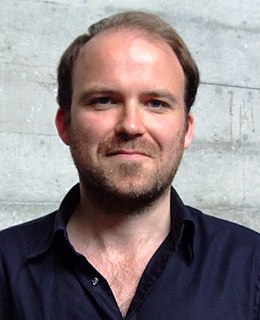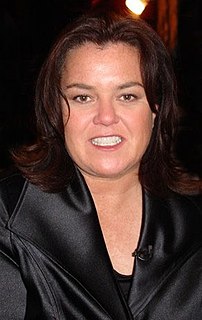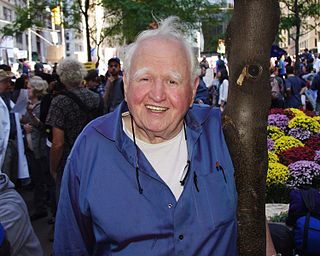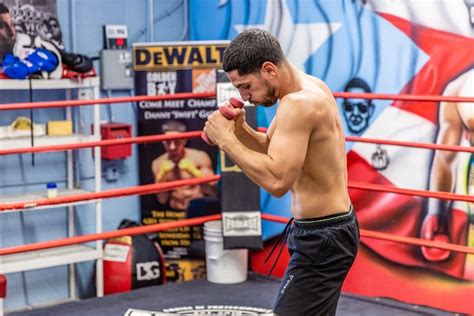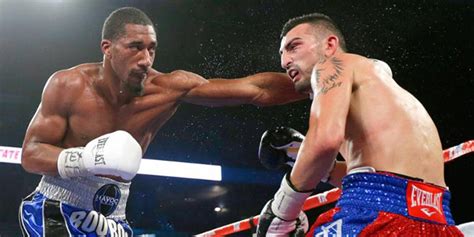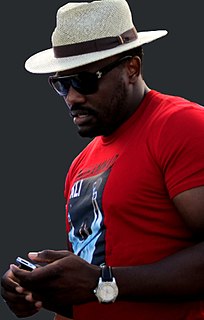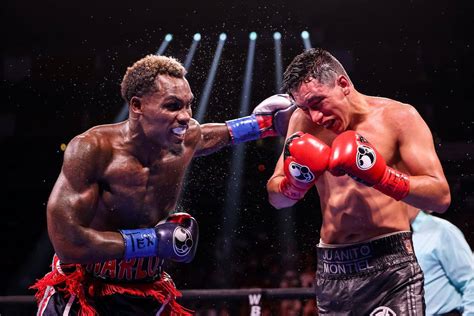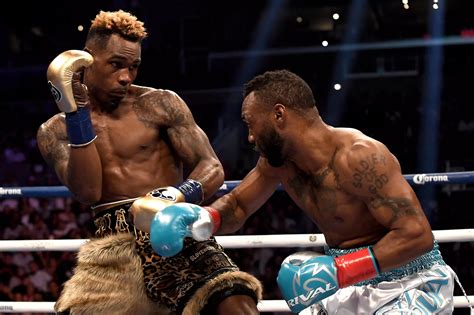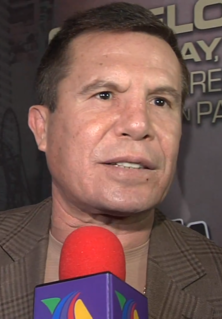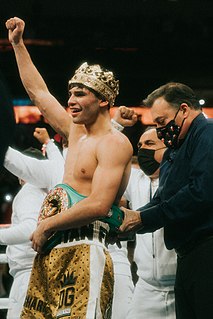A Quote by Luke Campbell
It's a different kind of grief when you lose a parent.
Related Quotes
Grief causes you to leave yourself. You step outside your narrow little pelt. And you can’t feel grief unless you’ve had love before it - grief is the final outcome of love, because it’s love lost. […] It’s the cycle of love completed: to love, to lose, to feel grief, to leave, and then to love again. Grief is the awareness that you will have to be alone, and there is nothing beyond that because being alone is the ultimate final destiny of each individual living creature. That’s what death is, the great loneliness.
I'm part of the tribe who have said goodbye to one parent and are feeling a sense of responsibility for the one who remains - in my case, my mother. How do I make her time smoother, happier? How do I try to ease her, a widow, away from the dark well of grief without dishonoring the necessity of that grief?


